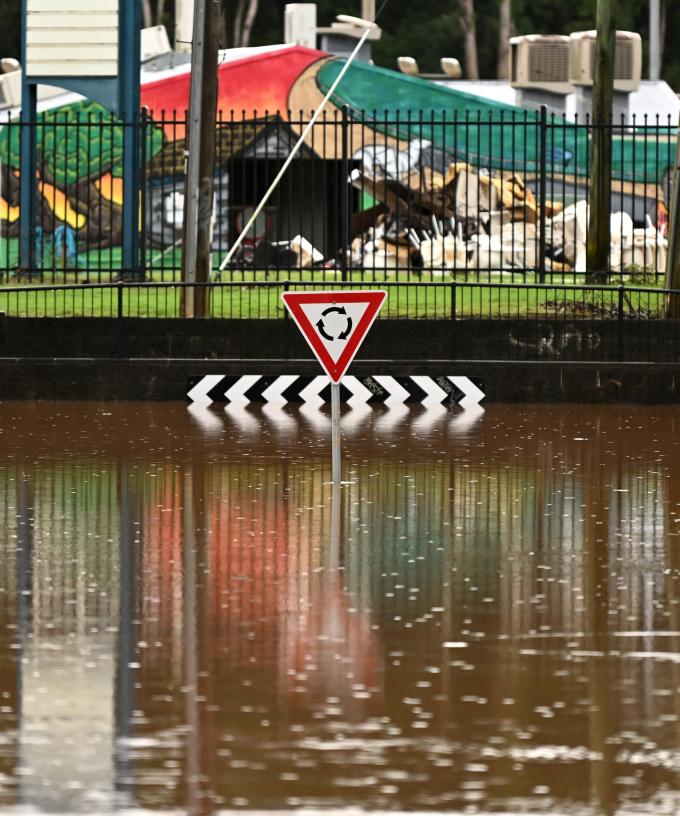One of the wettest summers on record continues with more heavy rain forcing a new evacuation order for Lismore in northern NSW.
Residents of the town along with those in surrounding Lismore Basin, East Lismore and Girards Hill have been urged to leave immediately.
It is the second such order for the town in 24 hours after an all clear was issued to return with caution on Tuesday afternoon.
Although still within levee height, the local Wilsons River has exceeded its major flood level of 9.7 metres.
The SES is directing people to evacuate via New Ballina Road, Bruxner Highway and Dalley Street before closures come into play.
Flash flooding in the CBD as a result of heavy rainfall has inundated roads and an evacuation centre has again been set up at Southern Cross University.
The Bureau of Meteorology says the potential remains high for wider heavy rain along the NSW coast and landslides are also possible with roads inundated.
Forecaster Jonathan How says a low pressure system is expected to bring strong and gusty winds in the second half of the week to areas including Sydney, the Hunter and Illawarra.
Fresh flooding will impact the mental wellbeing of northern NSW residents already devastated by the February floods, says University of Sydney mental health professor James Bennett-Levy.
Another bout of flooding could seriously affect those in the middle of a long clean-up from the previous catastrophe, he told AAP on Tuesday.
“There is extreme distress because what it (the floods) does is re-trigger and re-traumatise people who have already been severely traumatised.”
Dr Bennett-Levy, who directs the Centre for Rural Health in Lismore, said “very high levels” of post-traumatic stress disorder are expected.
“It is not just people directly affected, there is collective trauma because just about everyone in the community knows … multiple people … whose houses have been inundated,” he said.
In a study conducted after the 2017 floods, Dr Bennett-Levy along with other researchers found 50 per cent of people displaced for more than six months in the same region had PTSD.
AAP







